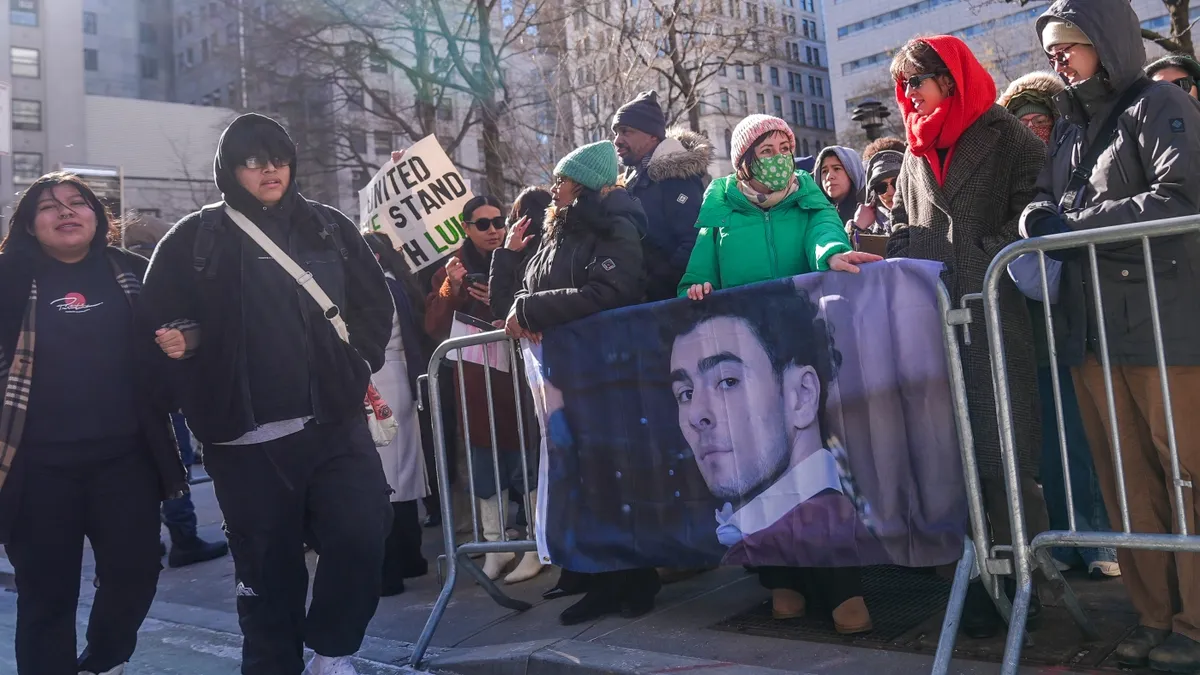
Luigi Mangione is scheduled to appear in federal court this Friday afternoon, where he will be formally arraigned for the killing of United Healthcare CEO Brian Thompson. The Department of Justice has already filed its intent to seek the death penalty, asserting that the fatal shooting was both intentional and premeditated. The tragic incident occurred outside a Manhattan hotel on December 4, igniting widespread discussions regarding the health care industry in the United States.
A few days following the shooting, authorities in Pennsylvania apprehended Mangione, a graduate of the University of Pennsylvania. Upon his arrest, he was found in possession of a ghost gun, a fraudulent ID, and a handwritten note. This note reportedly criticizes health insurance companies as "parasitic" and highlights the alarming disconnect between the country's exorbitant health care costs and its low life expectancy, according to the Associated Press (AP).
Earlier this month, a federal grand jury indicted Mangione on four serious counts: murder through the use of a firearm, a firearms offense, and two counts of stalking. An indictment is a formal charge that indicates the grand jury has found sufficient evidence against the 26-year-old, paving the way for the case to advance toward trial. As of now, Mangione has not entered a plea regarding the federal charges. If convicted, he could face the possibility of the death penalty.
Before the indictment was announced, Attorney General Pam Bondi declared that she had directed federal prosecutors to pursue the death penalty as part of President Trump's initiative to combat violent crime and promote safety across the nation. While the death penalty is not an option in New York state courts, federal law allows it for certain federal offenses, as reported by Gothamist.
In response to the government's actions, Mangione's attorney, Karen Friedman Agnifilo, criticized the Justice Department's decision, describing it as a shift from "dysfunctional to barbaric." She argued that the push for execution is politically motivated and contradicts the recommendations from local federal prosecutors, as well as established legal precedents. Agnifilo expressed her concerns in a statement released on April 1.
In addition to the federal indictment, Mangione faces several charges in both Pennsylvania and New York. In Pennsylvania, he is confronted with five charges, including forgery, carrying a firearm without a license, tampering with records or identification, providing false identification to law enforcement, and possessing instruments of crime, as detailed in a criminal complaint from December.
As the case unfolds, it has sparked a national conversation about the realities of the health care industry and the implications of violent crime in America, drawing significant media attention and public interest.